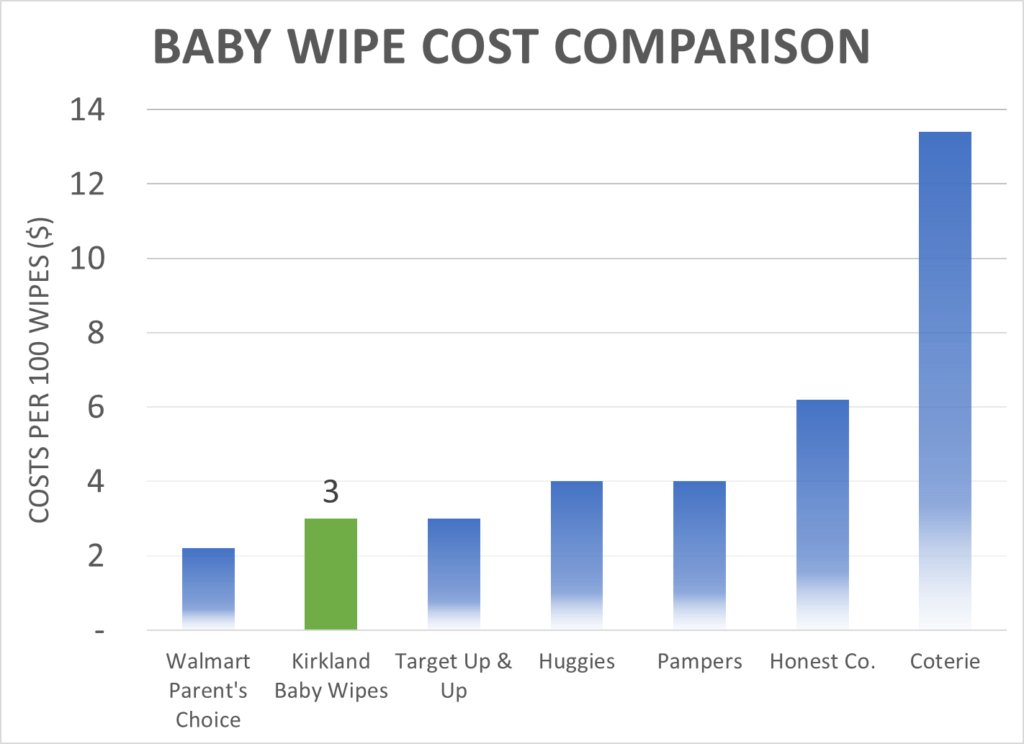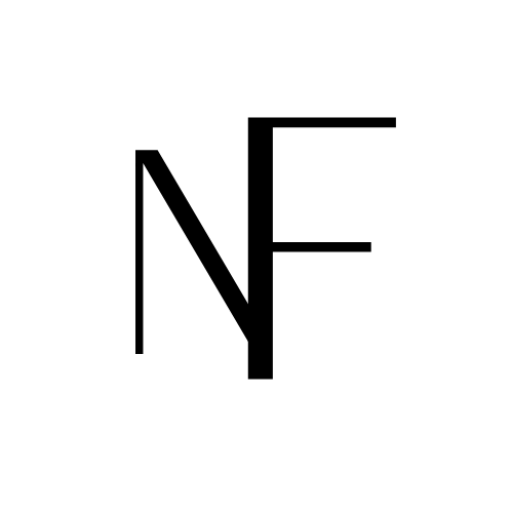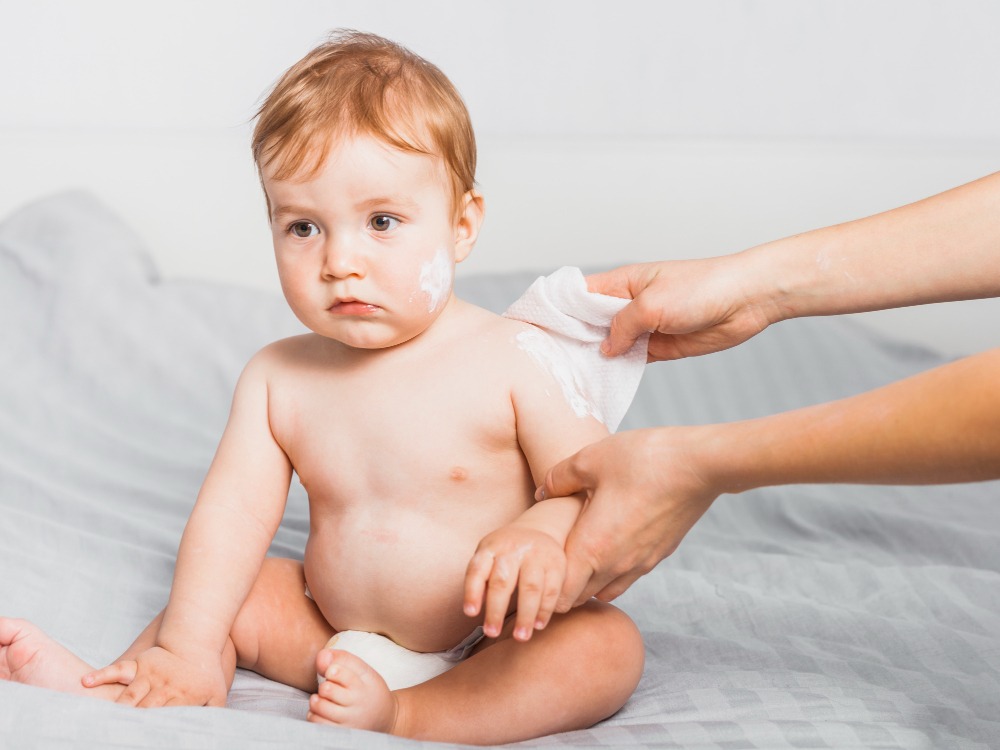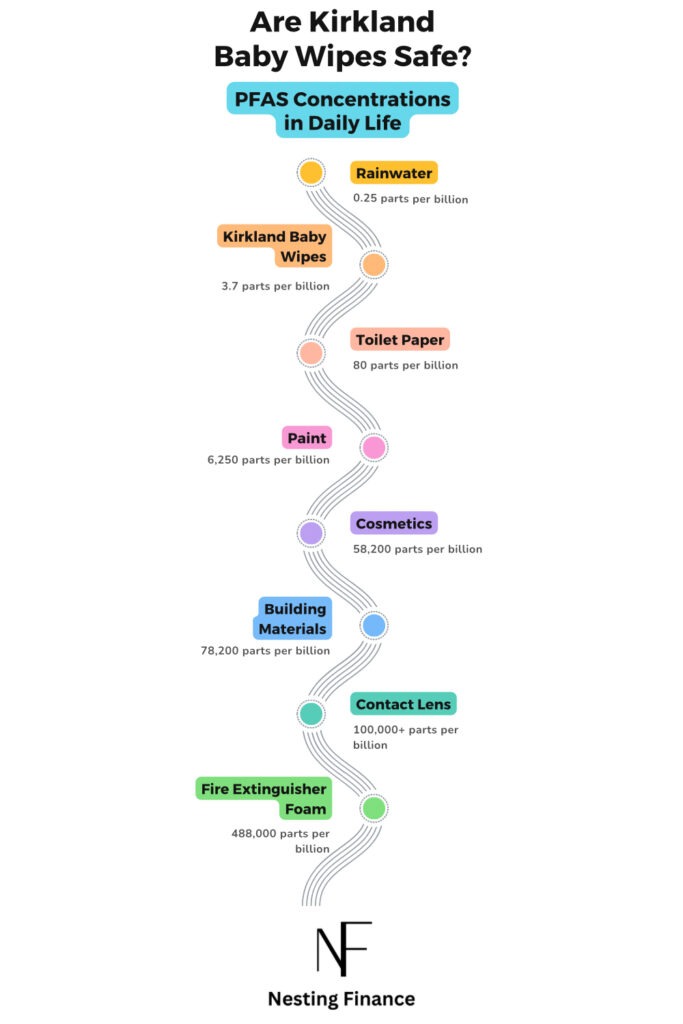- Introduction
- What Are PFAS? Decoding the Chemicals in Question
- The Costco Kirkland Baby Wipe Lawsuit: Breaking Down the Claims
- Debunking Myths: PFAS and Skin Absorption
- Why Parents Can Trust Kirkland Baby Wipes
- Nice-Pak: The Trusted Manufacturer Behind Kirkland Baby Wipes
- Comparing Baby Wipes: Kirkland vs. The Competition
- Practical Tips for Parents: Navigating Baby Product Safety
- Conclusion: Peace of Mind for Parents
- Call to Action: Want to Learn More About Baby Product Safety?
- Recent Posts
Introduction
The recent headlines concerning Costco’s Kirkland baby wipes and the presence of PFAS (per- and polyfluoroalkyl substances) have understandably raised alarms among parents. Concerns about potential health risks have led to a wave of anxiety, resulting in many parents disposing of their Kirkland wipes. In this article, we aim to provide clarity and peace of mind, reassuring parents that they can continue to use Kirkland baby wipes without undue concern for their baby’s health.
About Us: Nesting Finance
At Nesting Finance, we’re a husband and wife team with 30 years of combined experience in finance, investments, and marketing. We’re passionate about helping families make informed decisions for their future. Our professional journey has equipped us with a deep understanding of consumer products, including the nuances of litigation and scientific studies. Our dedication to thorough research and informed opinions helps us provide reliable insights, even though we are not doctors. Our aim is to simplify complex issues so you can make the best choices for your family.
What Are PFAS? Decoding the Chemicals in Question
PFAS are a group of manmade chemicals produced since the 1940s. They are used in a variety of consumer products and industrial processes because of their unique properties, such as resistance to heat, water, and oil. PFAS can be found in non-stick cookware, water-repellent clothing, stain-resistant fabrics and carpets, cosmetics, and firefighting foams. Over 12,000 PFAS compounds have been manufactured, with PFOA and PFOS being the most widely studied. Some of these compounds have been phased out of production in the U.S. due to potential health risks; however, many continue to be used because of their advantageous properties. For example, most major contact lens brands use PFAS in their lenses for their flexible and breathable properties.
PFAS Exposure: Where They Come From and How They Affect Us
For most people, exposure to PFAS occurs primarily through ingestion. This can happen by drinking contaminated water, eating food that was packaged in PFAS-containing materials, or consuming fish and other foods grown in contaminated soil or water. PFAS can also accumulate in household dust, which can be inhaled. Importantly, PFAS are not readily absorbed through the skin, making dermal exposure a very low concern.
- Drinking Water: Contamination of municipal and private well water can be a source of PFAS exposure. These chemicals can enter water supplies through industrial discharges, and the EPA is working to improve monitoring and action levels.
- Food Packaging: Grease-resistant paper, microwave popcorn bags, pizza boxes, and other food packaging can contain PFAS, which can leach into the food we eat. This is one of the reasons why you shouldn’t microwave your Styrofoam plates.
- Household Dust: PFAS can accumulate in household dust, which can be inhaled or ingested, especially by young children who spend a lot of time on the floor and frequently put their hands in their mouths.
- Personal Care Products: Some cosmetics and personal care products, such as foundation, mascara, and sunscreen, contain PFAS. Regular use of these products can contribute to overall exposure.
According to the CDC, 97% of the U.S. population already has PFAS in their bloodstream. This widespread presence underscores that trace amounts of PFAS are common and unavoidable in modern life. The illustration (mobile link) showcases the concentrations we might encounter daily.
The Costco Kirkland Baby Wipe Lawsuit: Breaking Down the Claims
The recent lawsuit (filing here) against Costco alleges that their Kirkland Signature Baby Wipes contain unsafe levels of PFAS. Independent lab tests reportedly found 3.7 parts per billion (PPB) of PFAS in the wipes. To put this into perspective, if you imagine a pool with 10,000 gallons of water (4 feet deep and 21 feet across circular pool), adding 3.7 drops of a substance would equate to 3.7 PPB. Comparatively, the EPA requires drinking water to have lead concentrations below 15 PPB and copper below 1,300 PPB. Major contact lenses contain anywhere from 100,000 – 20,700,000 PPB of PFAS to enhance softness and breathability. This high level of concentration in contact lenses is surprising especially because it is a level that is 27,000 times greater than found in Kirkland wipes and has not raised alarm.
Debunking Myths: PFAS and Skin Absorption
Studies that have investigated PFAS absorption through the skin often use concentrations significantly higher than those found in Kirkland wipes. These studies use levels ranging from 12,500 to 50,000 PPB, which are not comparable to the 3.7 PPB found in the wipes. The concentrations used in these studies are exorbitantly higher than what is present in Kirkland wipes, and such high levels are not representative of real-world exposure scenarios. The extremely low concentration of PFAS in Kirkland wipes poses negligible risk through skin contact.
Why Parents Can Trust Kirkland Baby Wipes
The levels of PFAS found in Kirkland baby wipes are exceedingly low and unlikely to pose any significant health threat through skin contact. The primary concern with PFAS exposure is through ingestion (e.g., breastmilk), not dermal contact. Given the low concentration of PFAS in these wipes, they are safe for everyday use. Kirkland baby wipes remain one of the best options on the market for their quality, affordability, and safety. The combination of their large size, thickness, and competitive pricing makes them a favorite among parents.
Nice-Pak: The Trusted Manufacturer Behind Kirkland Baby Wipes
Nice-Pak, the manufacturer of Kirkland baby wipes, is a global leader in wet wipes production, making over 125 billion wipes annually. Known for innovation and quality, Nice-Pak has pioneered advancements in wipe technology and packaging, ensuring their products meet high standards of functionality and environmental responsibility. Their commitment to sustainability is evident in their use of 100% renewable materials like Tencel fibers, which offer softness, strength, and gentleness.
Comparing Baby Wipes: Kirkland vs. The Competition
Kirkland baby wipes are highly regarded for their quality and affordability. Compared to other leading brands, Kirkland wipes offer excellent value. Their wipes are some of the largest and thickest on the market, providing better coverage and durability. They are also significantly more affordable compared to premium brands while maintaining high quality.
Here is a graphic comparing the cost of Kirkland baby wipes with other leading brands:

Practical Tips for Parents: Navigating Baby Product Safety
- Consult Your Pediatrician: If you have concerns about any product, including baby wipes, consult your pediatrician for professional advice. Keep in mind that there’s no guarantee that other baby wipes don’t contain PFAS. At least we know that Kirkland baby wipes have extremely low levels that are nothing to be concerned about.
- Stay Informed: Keep up-to-date with the latest research and product recalls to make informed decisions. Remember that just because someone is suing Costco, does not mean they are guilty. The plaintiffs have not provided the details of the study other than to quantify the level of PFAS that was discovered by an independent lab. This does not meet any reasonable proof of burden. As more details emerge, stay informed so that you can assess the quality of the plaintiff’s argument.
- Read Labels: Be vigilant about reading labels and understanding the ingredients in baby products. Given these headlines, manufacturers may begin adding disclosures such as PFAS-Free in the future.
- Alternative Brands: If you remain concerned, consider researching alternative brands of baby wipes that do not contain PFAS though we have been unable to find any brands of baby wipes that go so far to qualify themselves as PFAS-free.
Conclusion: Peace of Mind for Parents
While the headlines about PFAS in Kirkland baby wipes can be alarming, the actual risk to your baby’s health is minimal. The levels of PFAS found are exceedingly low and unlikely to pose any significant health threat through skin contact. Kirkland baby wipes remain one of the best options on the market for their quality, affordability, and safety. At Nesting Finance, we believe in making informed decisions based on thorough research and understanding. Rest assured, you can continue to use Kirkland baby wipes with confidence, knowing they are safe for your baby.
Call to Action: Want to Learn More About Baby Product Safety?
If you found this article on Kirkland baby wipes helpful, you’ll want to check out our in-depth look at another essential product: baby bottles. Discover the truth behind plastic baby bottles and microplastics and make informed choices for your baby. Read our article, Are Plastic Baby Bottles Safe? Don’t Panic Over Microplastics.
About the Authors: We’re a husband and wife team with over 30 years of experience in finance, investments, and marketing, committed to helping growing families make informed decisions. Think of us as that older sibling who’s been through it before and ready to share our mistakes and successes. Learn more about our journey from insecurity to financial security where we conquered adversity to reach the top 10% of our peers.
Recent Posts
- Micro Wedding: Ditch Stress and Embrace Love
- The Best Way to Build Balance Sheet Wealth
- How to Rediscover Yourself: Empower Your Best Life
- CookUnity Reviews: The Best Meal Service For Families
- Mortgage Recast: The Best Trick to a More Affordable Mortgage
- How to Stop Being a Snowplow Parent and Find Balance



Leave a Reply